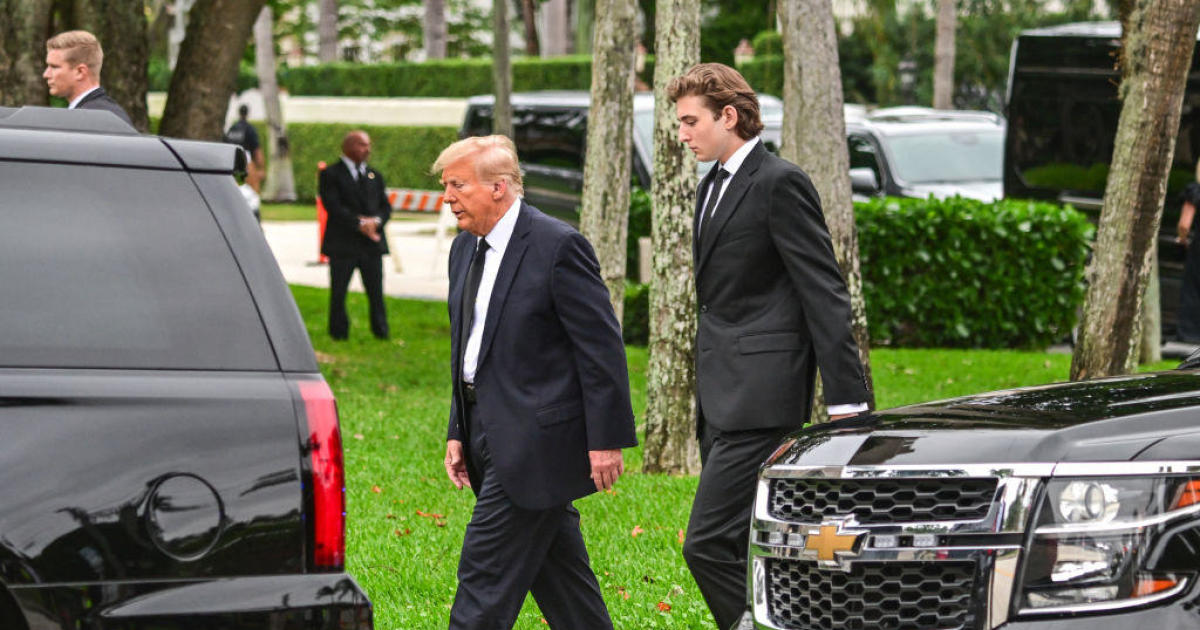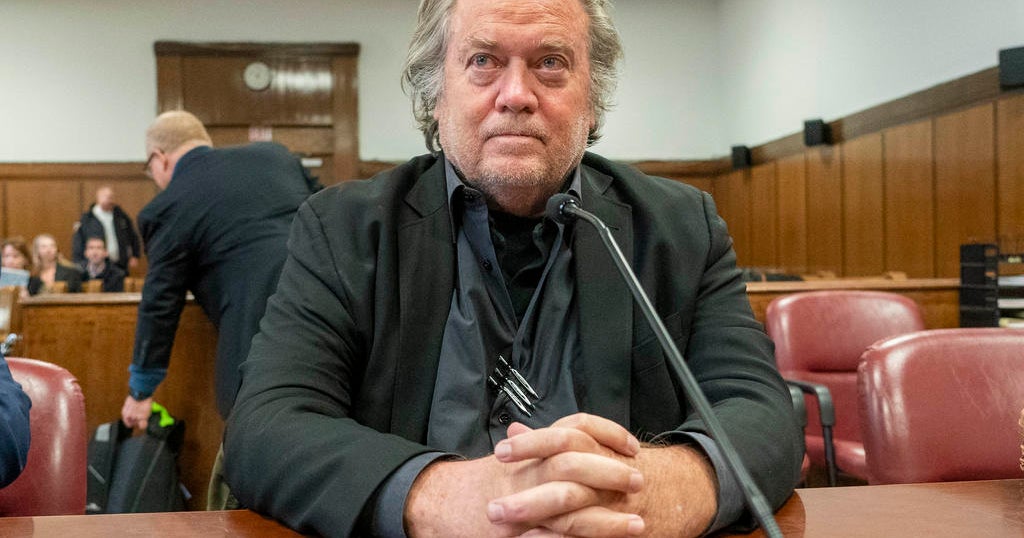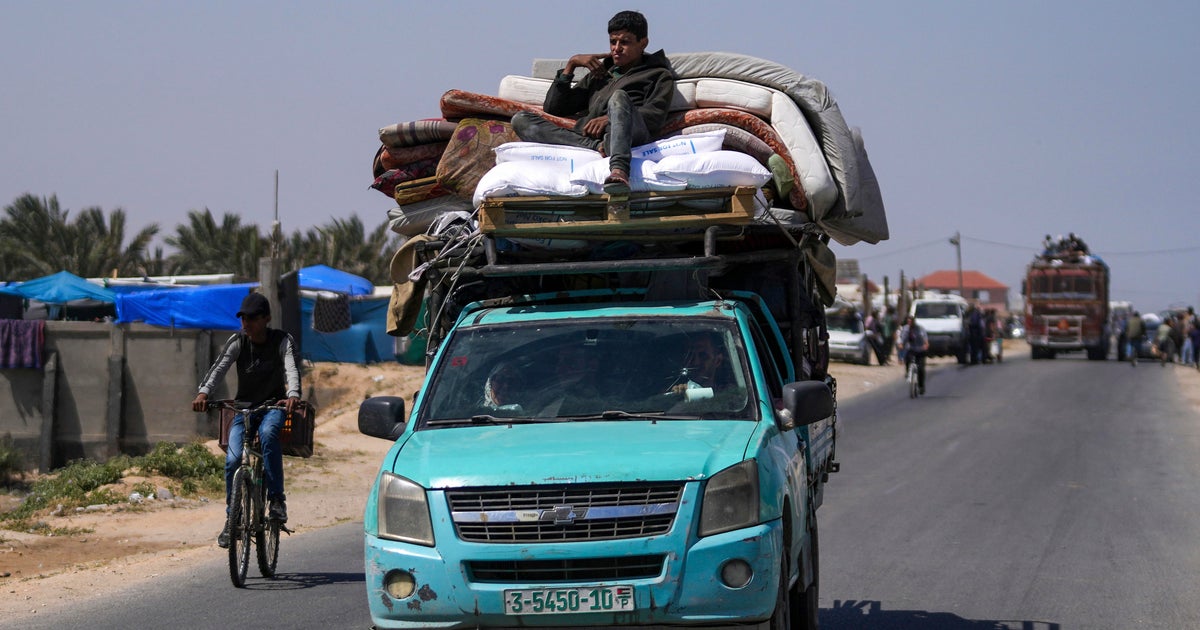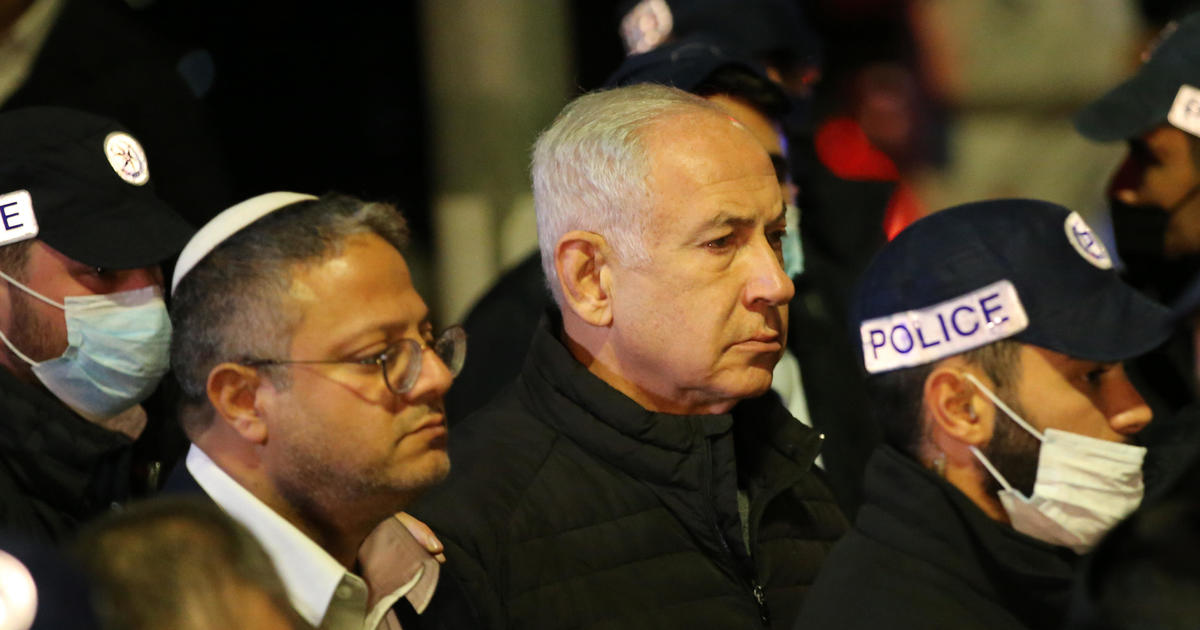Pakistan re-arrests terror group founder Hafiz Saeed before Prime Minister Imran Khan's meeting with Trump
London -- Pakistan has arrested the founder of a militant group blamed by the United States and India for the 2008 Mumbai terror attacks that left more than 160 people dead, including six Americans. Hafiz Saeed was taken into custody Wednesday while travelling to the eastern city of Gujranwala, where he appeared before a judge on terror finance charges, according to a Pakistani counterterrorism spokesman.
His arrest came just days ahead of Prime Minister Imran Khan's first official visit to Washington to meet President Trump.
In June, Khan vowed to crack down on militant groups operating in Pakistan amid growing U.S. and international pressure.
At the time, the country's counterterrorism department said it had launched 23 cases against Saeed and 12 of his aides for collecting funds and donations for alleged terrorist activities.
A familiar foe
Saeed founded the Lashkar-e-Taiba militant group blamed for the Mumbai attacks, but says he hasn't played a role in the banned organization since 2001. He denies his vast network of some 300 seminaries and schools, hospitals, a publishing house and ambulance services is linked to violence or the funding of militant groups.
The U.S. has labelled Saeed a Specially Designated Global Terrorist, and since 2012 has offered a $10 million reward for information that helps bring him to justice.
Saeed has been arrested before in Pakistan and repeatedly set free by the country's courts, frustrating Washington and angering neighbor India. He was most recently released from custody late in 2017, drawing a rebuke from the State Department in Washington, which said "the Pakistani government should make sure that he is arrested and charged for his crimes."
President Trump noted the arrest with a tweet on Wednesday, saying, "Great pressure has been exerted over the last two years to find him!" It was unclear what Mr. Trump meant with a reference to a "ten year search" for Saeed, as the extremist was under house arrest in Pakistan until November 2017, and he has since appeared repeatedly in public to address large crowds of his supporters.
But Pakistan has faced international pressure for years to choke-off financing to militant groups allegedly operating from its soil.
In 2017 the country was placed on a "greylist" by the Financial Action Task Force (FATF), a 39-member inter-governmental body that monitors terrorism financing and money laundering. In October, the FATF will make a final adjudication on whether to blacklist Pakistan, a move that could isolate the country from the international economy.
Despite repeatedly pledging action, Islamabad's attempts to crack down on terror financing networks and militant groups have been inconsistent.
Difficult U.S. ties
Khan has indicated that with his visit to the White House early next week, he hopes to repair his country's often acrimonious relationship with the U.S.
His trip comes as the Trump administration aggressively pursues a political deal with the Taliban in Pakistan's neighbor Afghanistan. Observers believe the nearly 18-year conflict will be a major focus of talks between Khan and Mr. Trump when they meet on July 22.
Khan has publicly sparred with Mr. Trump in the past and once described a potential meeting with him as a "bitter pill" to swallow.
On Tuesday, Pakistani Foreign Minister Shah Mehmood Qureshi said Mr. Trump's invitation to the Pakistani premier reflected the "importance of the relationship for both sides."
Relations between Islamabad and Washington have been turbulent since Mr. Trump took office in 2017, with the U.S. leader frequently singling out Pakistan for failing to rein in extremists and being an unfaithful partner in the fight against them.
Last year, Mr. Trump accused Islamabad of "nothing but lies & deceit, thinking of our leaders as fools," and suspended $300 million in military aid to the Pakistani government.
Pakistan refutes the accusations and notes that its alliance with the U.S. in the so-called "war on terror" has cost thousands of civilian lives in militant attacks on Pakistani soil.





